How do you go from making pianos to manufacturing eMTBs?
Yamaha will blow out 137 candles this year. The Japanese company has become one of the most important motorcycle manufacturers on the planet and has been eyeing eMTBs for some time. A business giant that ambitiously looks at the world of pedals, but grew in the musical instruments sector and has always been willing to reinvent itself to expand its business.
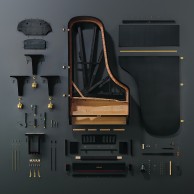
The history of Yamaha: a company that started manufacturing pianos, continued with motorcycles, and saw the opportunity of eMTB
The history of Yamaha began in 1851 with the birth of Torakusu Yamaha, founder of the brand. Much has changed in the world since that young man took his first steps in 19th century Japan. Torakusu showed a great interest in Western technology and, infected by a fascination for clocks, at the age of 20 he decided to dedicate his working life to watchmaking and later studied business administration. He continued like this until in 1886 he made a turn and started earning a living repairing medical equipment.
Torakusu then combined this new activity with repairing clocks and as a rickshaw driver - a kind of cart pulled by a person - for the director of a hospital.
RECOMENDADO

How to wash your bike at a gas station without ruining it
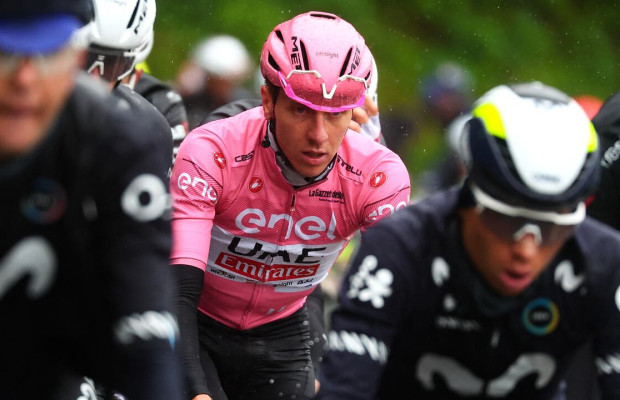
Tips for staying motivated to go out riding when cold, rain or night lurk
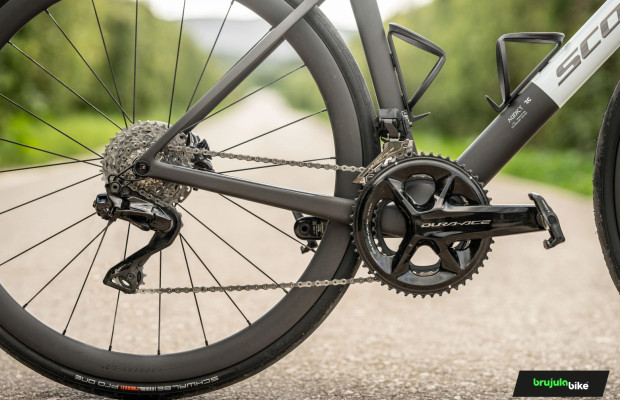
How to choose the right crankset and cassette: a guide to find the right ratio and extend the life of your bike

Can I go cycling with the flu or a cold?
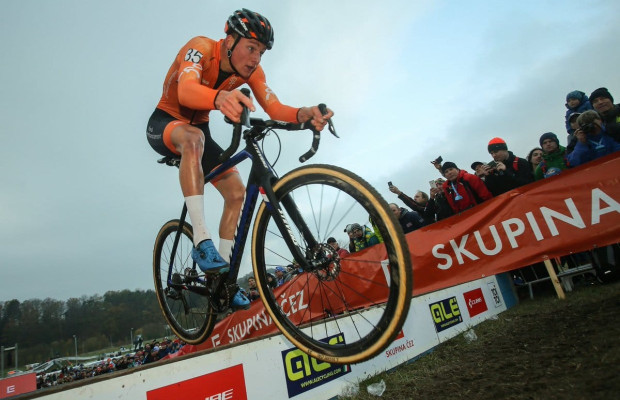
He invented the idea of jumping over the planks, which earned him a World Championship against Van der Poel
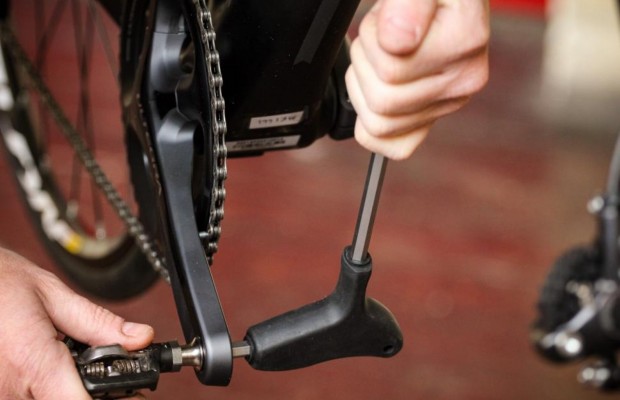
How to change the pedals of any bike in 5 steps
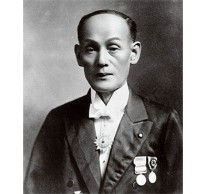
The turning point in Torakusu's life came the day a primary school in Hamamatsu asked him if he could repair an organ. He accepted the challenge, disassembled the machine, and successfully repaired it. During the process, he realized the commercial potential of a piece of those characteristics, designed a plan of the interior, and spent two months building it. Thus was born the first organ of this type manufactured in Japan.
Convinced of its possibilities, he personally transported it on a grueling 257 km journey - which he walked through the Hakone mountains - to present it at the Music Institute. The teachers harshly criticized him for the poor tuning, but encouraged him to study music theory and tuning. He did so and after overcoming several obstacles, he presented his second organ. This time he received praise. It was 1887 and soon he would have to hire people to meet an order for seven organs.
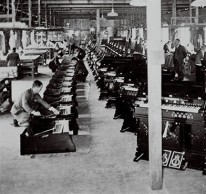
Yamaha established itself as a company and as a pioneer in the manufacture of Western-style musical instruments. In 1900, they began production of vertical pianos and eventually added harmonicas to the catalog. The Yamaha name gained reputation until it became a recognized brand in much of the world.
Yamaha's next big step was in 1950. A year after entering the Tokyo Stock Exchange, Genichi Kawakami emerged as the fourth president of the company - Torakusu Yamaha had died in 1916. In 1953, he reflected on what to do with the idle machining equipment they had used during World War II to manufacture airplane propellers.
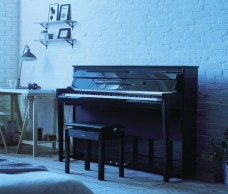
Kawakami considered several options -sewing machines, car parts, or scooters, among others- until he decided to focus solely on motorcycles. Both he and his team immersed themselves in the manufacturing processes until they were ready and launched the first prototype in 1954, the YA-1. The motorcycle division became independent in 1955.
Despite landing in a sector they knew nothing about, they were the first Japanese manufacturer to compete in international races. Competition has been a strong point for the brand, being one of the most successful manufacturers in the discipline. At the same time, they have also become one of the most respected brands for the general public.
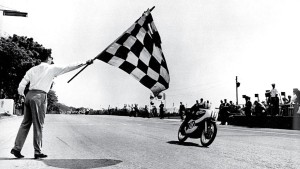
If in 1964 they started producing products related to lifestyle, in 1966 they did wind instruments and in 1972 semiconductors. In the 1970s, Yamaha tried to address several social issues in Japan and decided that the best way to do it was by manufacturing bicycles.
In 1993, they released their first bike for sale, which was also the first production ebike with pedal assistance, the well-known PAS system (Electric Assistance System), and in 2013, the PW motor range was introduced, which has been used in a wide range of models from various brands.
Yamaha's interest in cycling has remained strong; in fact, last year they introduced three new models: YDX-MORO 07 -as a commemoration for 30 years in the world of pedals, which we recently tested- and the Booster and Booster Easy models, as well as recently renewing the Wabash RT and Crosscore RC.
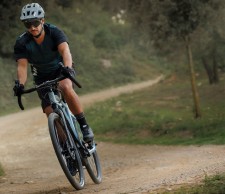
Yamaha explains that they have sold no less than 2 million electric bikes and 4 million motors for ebikes. The future of such a dynamic brand seems unpredictable, with the possibility of entering a new market, but it seems quite likely that they will continue to be linked to cycling.